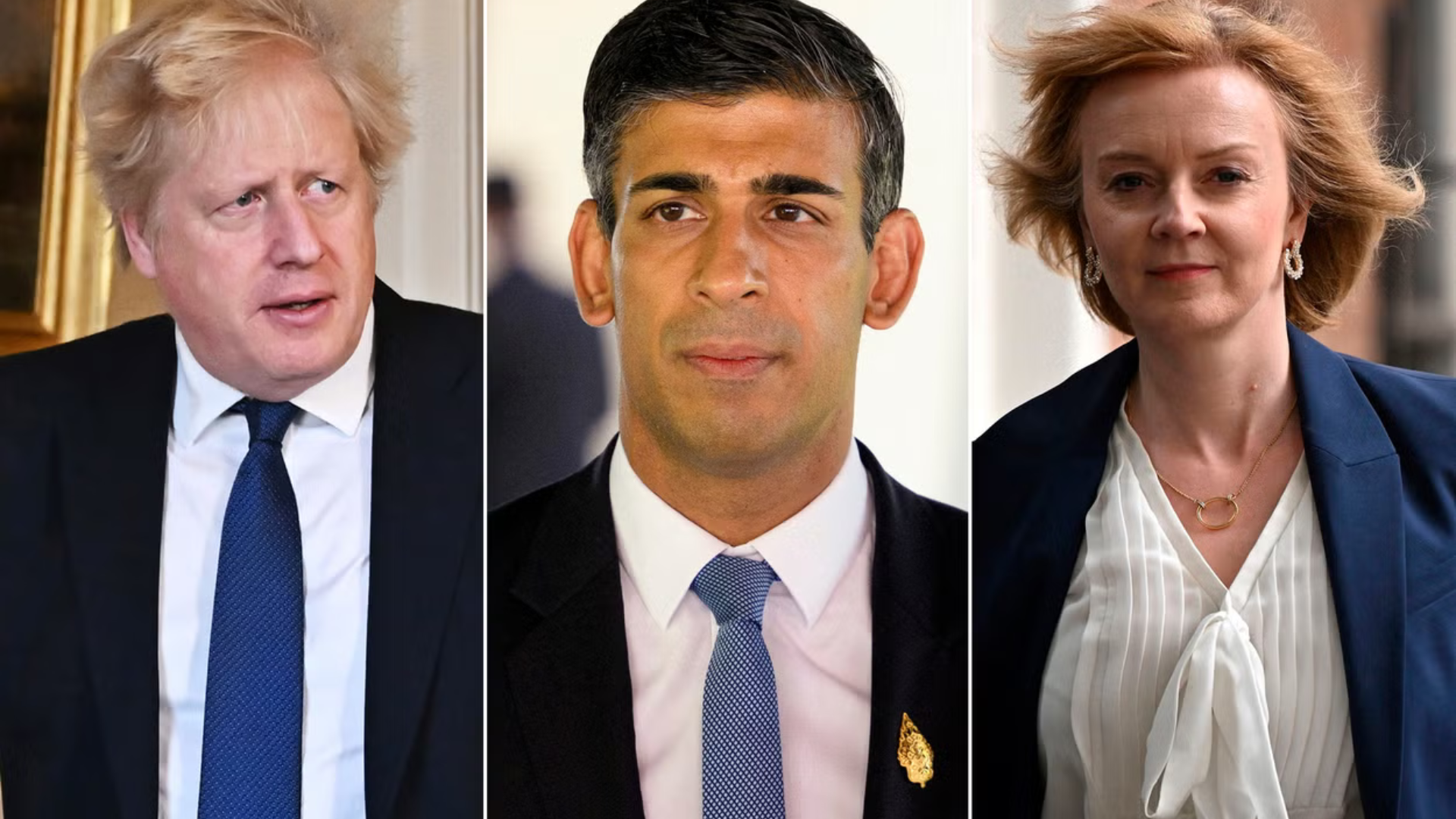Over time, the terms “Conservative” and “Tory” have become synonymous, with many using them interchangeably to describe the UK’s Conservative Party. However, their origins and historical significance are distinct and deeply rooted in British political history. As the UK election approaches on July 4, here’s what they mean.
The political term “Tory” dates back to the “Exclusion Crisis” from 1679 to 1681 during the reign of Charles II in Britain. Parliament was divided into two factions: the Whigs, who sought to exclude Charles’ brother James, the Duke of York, from the throne due to his Roman Catholic faith, and the Tories, who supported James’ right to succeed. Despite the negative connotations, the Tory faction prevailed, leading to James becoming King James II in 1685.
Initially, Tories were linked with supporting a Catholic heir but later became associated with Anglicanism and strong monarchist and patriotic sympathies.
The term “Conservative” began to be widely used in the 1830s under the leadership of Sir Robert Peel, who modernized the party by reinterpreting key elements of the old Tory tradition, advocating for social reform and free trade.
Despite adopting the name “Conservative,” the term “Tory” endured, and both names became interchangeable. The Conservative Party officially embraced the name “Conservative and Unionist Party” in 1912 after allying with the Liberal Unionist Party to oppose Irish Home Rule.







